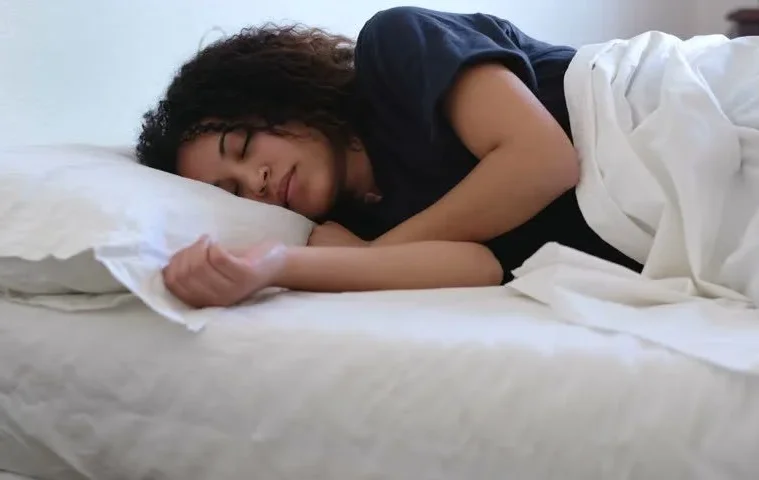Sleep is essential for quality of life and ensuring that your health is on point. Studies show that a sleep deficit can lower cognitive performance because it prevents you from focusing and being productive. A lack of sleep makes you more susceptible to experiencing stress and emotional ups and downs. Over time, not getting enough sleep can put you at risk for diseases such as type 2 diabetes, cardiovascular disease, cancer, depression, and obesity.
header photo via Shutterstock
Doctors recommend that adults 18-64 years of age get 7-9 hours per night. Not only is getting enough sleep important, but the type of sleep you get will also make a difference for your health. Even if you can’t sleep as much as you should, you can optimize the time you have by following these five tips to ensure that you get the right type of sleep to keep you healthy in the long-term.
1. Make your room an optimal place for sleeping.
One of the biggest deterrents to sleeping well is constantly being woken up by disruptions such as light or noise in your bedroom. Darkness causes your brain to release melatonin, which is a hormone that tells your body when it’s time to go to sleep, and when light is present in your room, melatonin production slows down. Removing any sources of light, such as alarm clocks or night lights, from your room and investing in some light-blocking curtains will help improve the quality of your sleep. Another great option to check is the Lincove pillow, which is specifically designed to block out light and noise for a more restful sleep. It’s important to also try and eliminate any noise disruptions, such as outside traffic or snoring partners.
It’s also important to set the proper temperature in your bedroom. When you are tired, your body’s temperature naturally lowers. Studies show that making your room cool, around 20-21 degrees celsius, can also help you fall asleep more quickly, reduce tossing and turning, and put you into a deeper, more restorative sleep.
2. Turn off your screens one hour before bed.
Being on your phone or tablet before bed negatively affects your circadian rhythm, which is the master clock that controls sleep patterns and the release of melatonin. The blue light that your devices emit can stop your body from releasing the proper amount of melatonin, so you will have a harder time falling asleep and the sleep you do get will be restless. If you need to use your phone, put it on night mode which uses a softer, yellow light rather than blue light.
3. Stick to a bedtime routine.
Establishing a sleep routine (even on the weekends) will help you create regular sleep patterns. Try going to bed at the same time every night and wake up at the same time every morning. This will signal your body to wind down the same time every night and, as soon as you hit the pillow, you’ll fall asleep and wake up feeling rested.
4. Get rid of stress.
Don’t take the stressors of the day to bed with you. Once you have your bedroom routine down, try adding activities like meditation, breathing exercises, or a hot bath 30-minutes before bedtime to relax you. If your day was particularly hectic, taking a melatonin supplement can also promote calmness and help you sleep soundly.
5. Get moving.
Studies show that regular exercise for 20-30 minutes a day can make you fall asleep more quickly and improve the quality and duration of sleep. Exercise makes your body temperature increase, and then when it decreases post-workout, it will signal your body to rest and recover. Exercising two hours before bedtime will also help you reduce stress and anxiety because it makes your body release endorphins that calm your mind and prevent tossing and turning during the night.
If you think your sleep patterns might be out of whack, a good place to start is by using a fitness tracker to monitor how much deep sleep you get each night. If you are getting 7-9 hours but you still feel unrested, it may be that you’re not getting enough deep sleep. Try incorporating these steps to ensure you get the restful and regenerative sleep your body needs to stay healthy.




